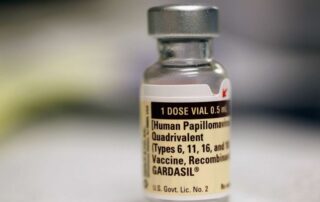Roche launches Elecsys Anti-p53 immunoassay to aid diagnosis of various cancer types
Source: www.globenewswire.com Author: press release, F. Hoffmann-La Roche Ltd Roche today announced the launch of the Elecsys Anti-p53 immunoassay for the in vitro quantitative determination of anti-p53 antibodies. This test is used to aid physicians to diagnose throat cancer, bowel cancer and breast cancer in patients, in conjunction with other diagnostic tests. The assay is now available for all markets accepting the CE Mark. “The addition of our Elecsys Anti-p53 immunoassay will help clinicians to quickly and reliably diagnose several prevalent cancers and might assist in leading to a better prognosis for many patients.”, said Thomas Schinecker, CEO Roche Diagnostics. “Beyond breakthrough cancer medicines, Roche also offers a growing number of testing solutions to help physicians diagnose and treat people with cancer. p53 is protein which, when active, helps to regulate processes which stop tumors from developing. A mutation of p53 is present in half of solid tumor cancers and is the most common genetic change identified so far in human cancers.1 Certain mutations of p53 can lead to a build up of p53 which results in the formation of anti-p53 autoantibodies. Autoantibodies are antibodies that mistakenly target and react with a person’s own tissues. Between 20-50% of patients with mutated p53 will produce anti-p53 autoantibodies.2 This mutation causes the tumor suppressive function of p53 to switch to a tumor-promoting function and thus cancer development. Early appearance of anti-p53 antibodies during tumour development may have potential to detect malignant changes.3 The Elecsys Anti-p53 immunoassay detects these anti-p53 antibodies and, when [...]


